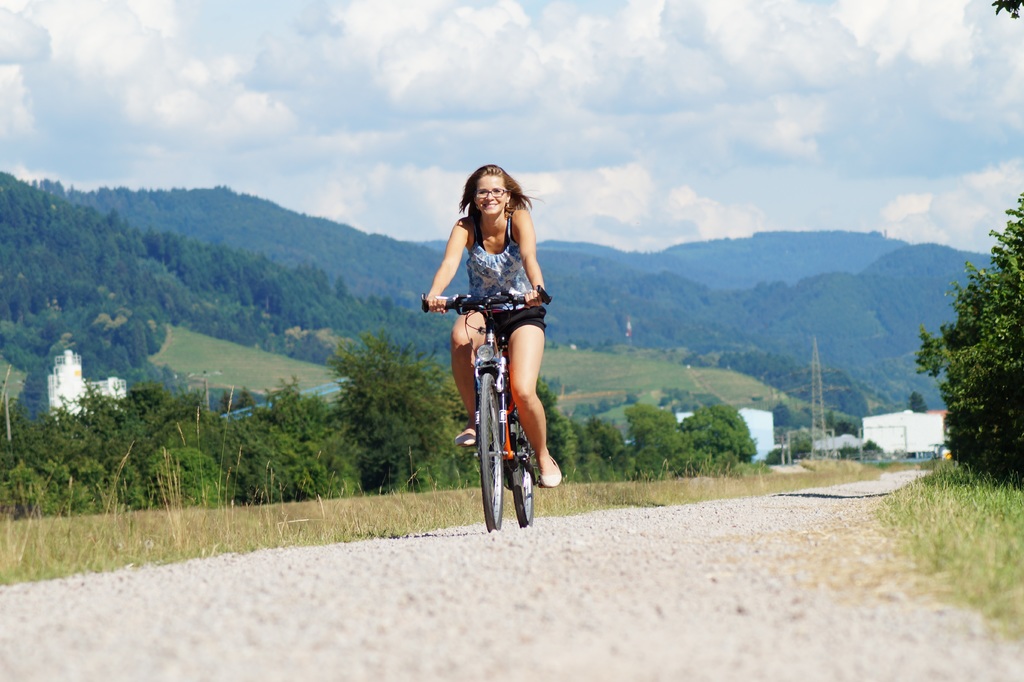If you are serious about bike riding, you may do things that the average cyclist would not. You may cross-train, look for beach cruiser upgrades, or see a nutritionist about modifying your diet to provide you the most energy. When you are training and trying to achieve goals through your bicycling, one thing that you should not neglect is getting enough sleep.
Sleep gives your body an opportunity to restore itself and relieve stress, both physical and mental. If you do not get the required hours of sleep per night, your body does not have the opportunity to recover. The effects can be cumulative the longer you remain sleep deprived, which means not getting enough sleep rather than getting no sleep at all.
Sleep deprivation can have predictable and measurable effects on your athletic performance when you ride your bike. Not having time to recover properly after each workout can wear your body down over time. As a result, your chance of injury when riding your bike increases by 170% when you do not get enough sleep. Riding a properly sized cruiser bike for short person may help to reduce this risk but cannot negate it altogether.
Cyclists who participated in a study measuring the effects of sleep deprivation on athletic performance reported that they felt like they expended much more effort than usual when riding while fatigued. However, the effect was not only subjective. The sleep-deprived study participants reached physical exhaustion after only 18.9 minutes of riding, while those who had received a good night’s sleep lasted an average of 20.6 minutes.
There are changes you can make to your sleeping habits to make sure you get the rest you need every night.
Table of Contents
Reserve 7 Plus Hours Per Night for Sleep
Generally speaking, a healthy adult needs between seven to nine hours of sleep per night to be completely rested and recover fully from the stresses of the day before. However, that figure assumes that a person is undergoing a mild-to-moderate amount of physical activity on a daily basis. If you are an avid cyclist in the midst of strenuous training, you are probably expending more energy than the average adult would. This being the case, you may need to get even more sleep, just as you have to eat more calories than the average person would to replace what you are losing during training. Once you determine how many hours of sleep you need per night, you can make sure that you get them by going to bed at the same time every night and waking up at the same time every morning.
Resist the Afternoon Nap
If something prevents you from getting your regular allotment of sleep on a given night, taking a nap the next day can help you make up what you are missing. Generally speaking, however, it is better to get an unbroken night’s sleep than to take habitual naps during the day. To wake up refreshed from a nap, you have to go through the entire sleep cycle. If you wake up from a nap before the cycle is complete, you may end up even more tired.
Whether you are a serious or a casual rider, getting enough sleep can benefit you, as can getting electric tricycles or whatever equipment is most appropriate for you.


